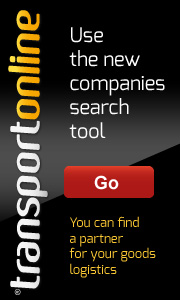Search Company:

In February 2023 ECG - The Association of European Vehicle Logistics, VDA – the German Association of the Automotive Industry and original equipment manufacturers began collaboration in a cross-industry project on standardisation of Scope 3 automotive supply chain emissions calculation and reporting. The objective set was to create a standard methodology which automotive players could use to be able to compare modes of transports within their supply chains. The guideline is now published and available at this link.
The guideline provides a clear framework for the application of ISO 14083 on quantification and reporting of GHG emissions arising from transport operations in the automotive industry using industry-specific requirements. The objective is to harmonize the interface between OEMs, suppliers, and Logistics Service Providers (LSPs), delineating defined responsibilities and standard reporting procedures.
It provides an industry-endorsed roadmap to address GHG emissions, nurturing a collective sense of responsibility and advocating best practices across the automotive supply chain. By adopting this guideline as a foundation, companies involved in the automotive industry can significantly advance towards more precise and standardised transport emission calculations and reporting.
The project brought together LSPs, OEMs and parts suppliers while external support for the project was provided by the external consultants International Transfer Center for Logistics (ITCL).
This widespread participation by industry leaders represents a collective commitment to mitigating the environmental impact of logistics processes in the automotive industry.
Dr. Marcus Bollig, VDA Managing Director Products & Value Creation, said “The development of a standard methodology for calculating and reporting emissions in the automotive supply chain is an important step towards achieving the climate targets. We are pleased to have made a decisive contribution to this process.” Wolfgang Göbel, ECG President, agreed, saying “Standardisation is key to allow fair and equitable comparisons on emissions among and between modes of transport. The publication of this guideline is one crucial step our sector is taking on its journey to become greener and more sustainable”.




